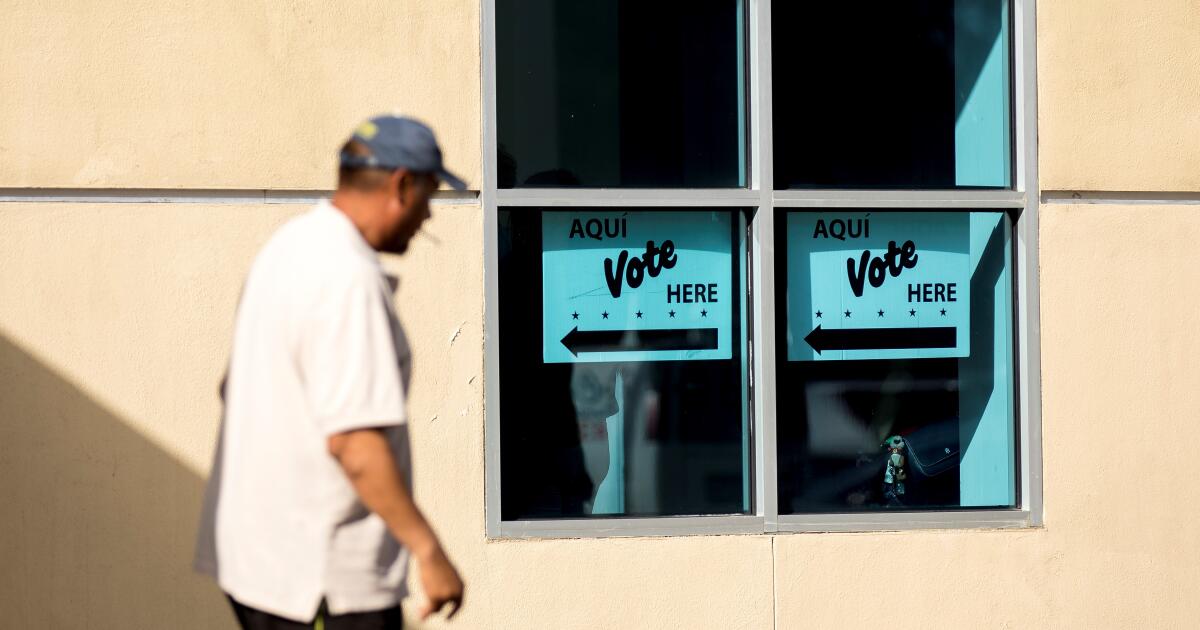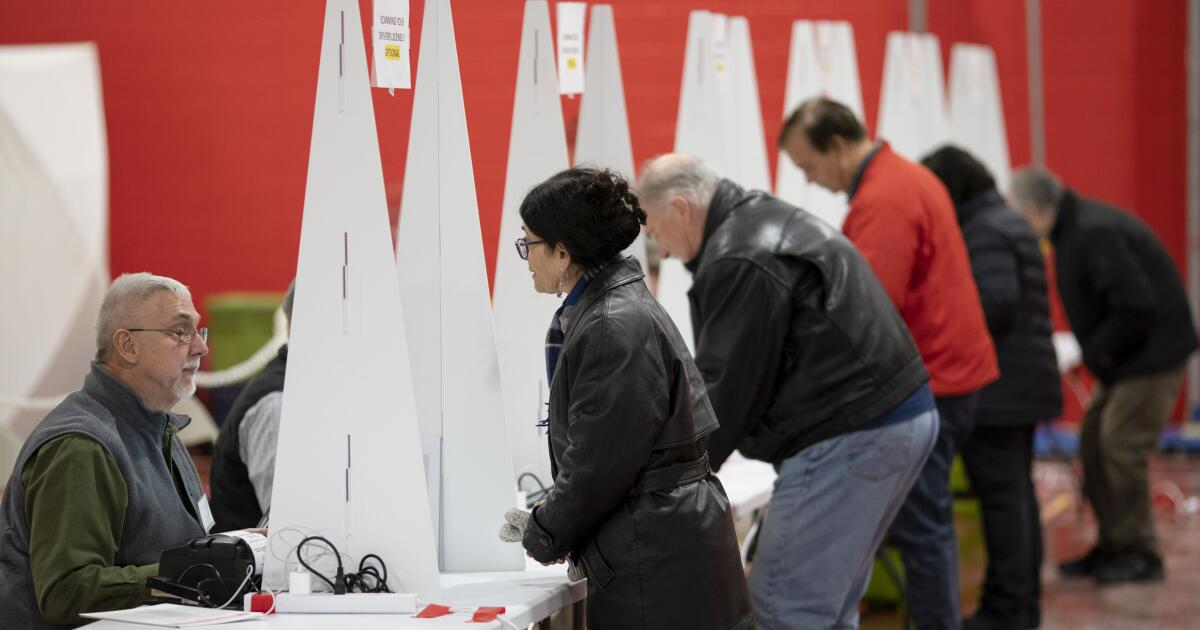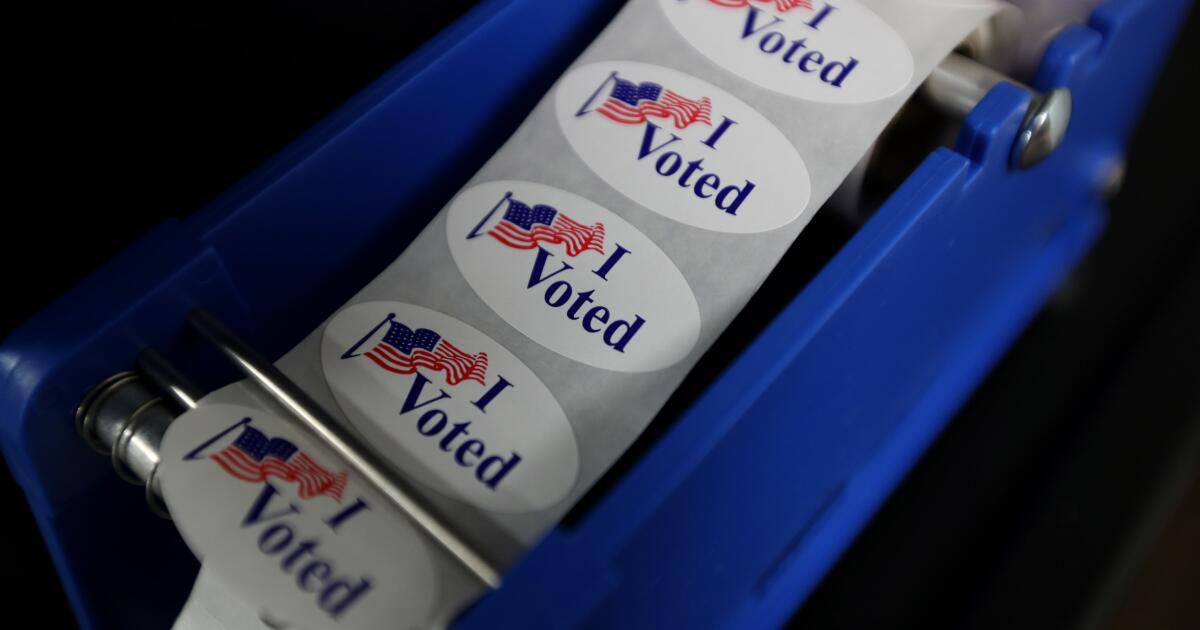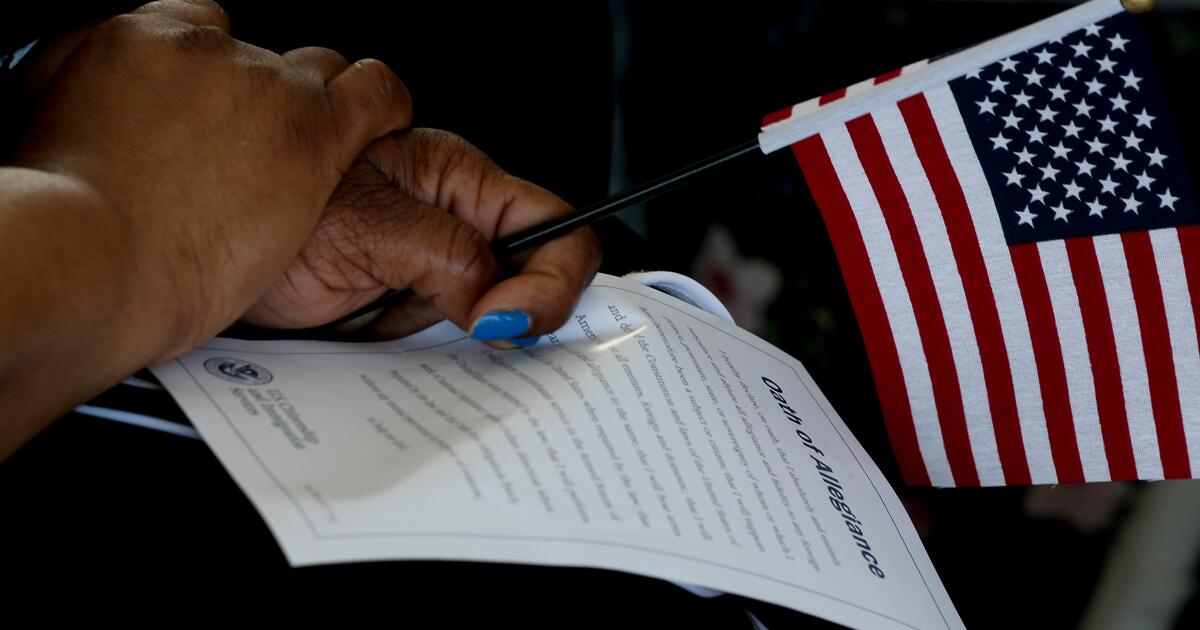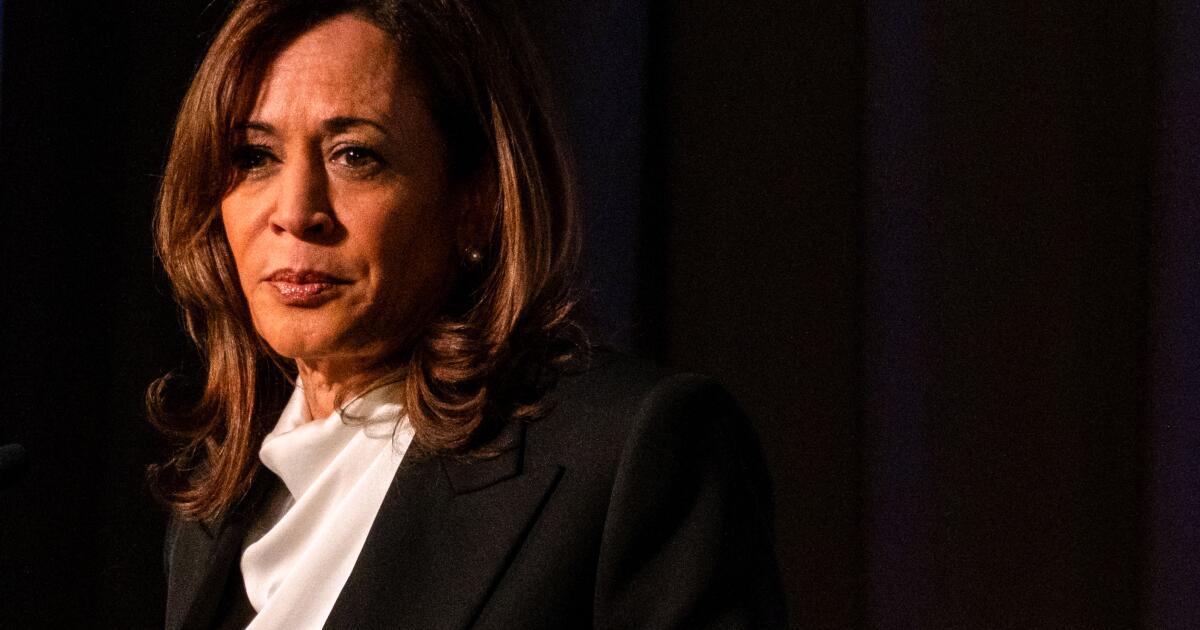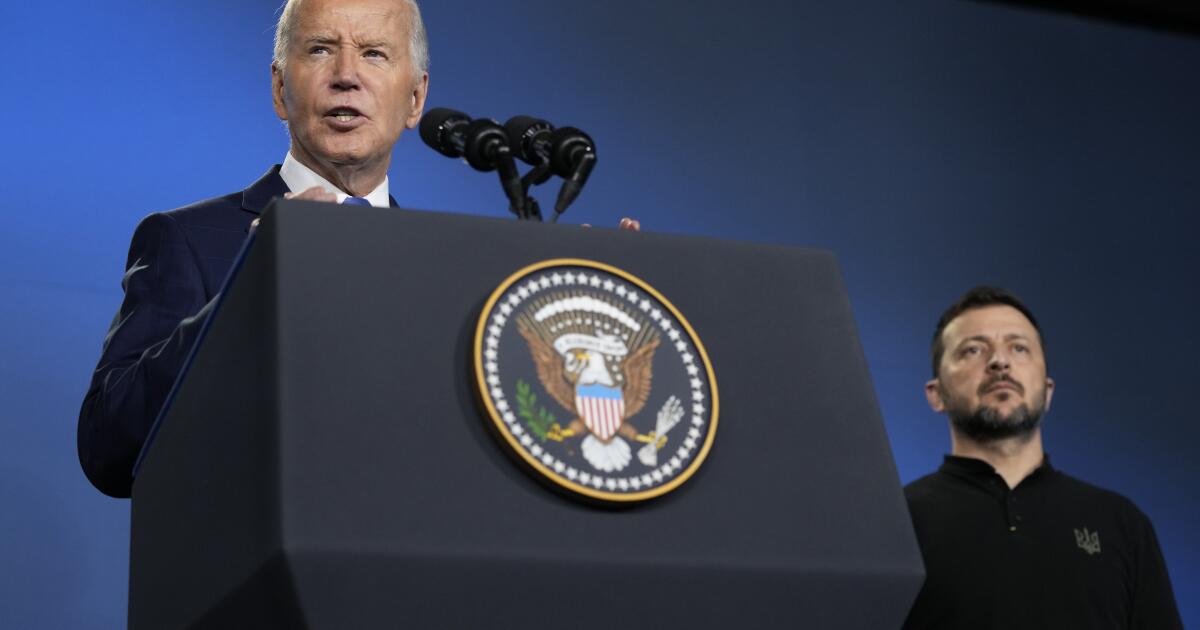Column: Voters who don’t vote? This is one way democracy can die, by 20 million cuts
During China’s imperial age, those deemed guilty of the worst offenses were sometimes sentenced to death in a public square by a brutal form of execution known as lingchi. Soldiers — using sharp blades — would slice away pieces of flesh from the accused until they died. Translated, lingchi means “death by a thousand cuts.”
Maybe democracy does die in darkness, as journalist Bob Woodward often suggests. Or maybe democracy’s demise comes in the light of day, in a public forum, where everyone can bear witness. Sometimes those holding the knives are the oligarchs or elected officials drenched in corruption. And sometimes there’s blood on the hands of the people.
On Saturday, voters in San Antonio — the seventh-largest city in the country — are headed to the polls to decide the first open mayoral race since President Obama’s first term. Or at least some voters will be.
In November 2024, nearly 60% of the 1.3 million registered voters in the county cast a ballot in the general election. However, in the local election held last month, barely 10% showed up to the polls. Before anyone starts throwing shade at San Antonio, in Dallas the turnout was even lower.
Lackluster participation in an “off year” election is not new. However, the mayoral race in San Antonio has increased national interest because the outcome is being viewed as a litmus test for both the strength of the Democrats’ resistance and the public’s appetite for the White House’s policies.
Like other big blue cities nestled in legislatively red states, San Antonio’s progressive policies have been under constant assault from the governor’s mansion. And with neither the progressive candidate, Gina Ortiz Jones, or her MAGA-leaning opponent, Rolando Pablos, eclipsing 50% of the vote in May, the runoff has drawn more than $1 million in campaign spending from outside conservative groups looking to flip the traditionally blue stronghold.
The outcome could provide a possible glimpse into the 2026 mayoral race in Los Angeles, should the formerly Republican Rick Caruso decide to run against Mayor Karen Bass, a Democrat. When the two faced off in 2022, around 44% of the city’s registered voters went to the polls. Caruso lost by less than 90,000 votes in a city with 2.1 million registered voters — most of whom didn’t submit a ballot.
It is rather astonishing how little we actually participate in democracy, given the amount of tax dollars we have spent trying to convince other nations that our government system is the best on the planet. Capitulating to President Trump’s unsubstantiated claims of mass voter fraud, many local conservative elected officials have tried to ram through a litany of “voter integrity” policies under the guise of protecting democracy. However, democracy is not a delicate flower in need of protection. It’s a muscle in need of exercise.
“Some people find voting to be a chore,” Michele Carew, the elections administrator for Bexar County — which includes San Antonio — told me. “We need to make voting easier and quite frankly, fun. And we need to get those who don’t feel like their vote counts to see that it does. That means getting out and talking to people in our neighborhood, in our churches, in our grocery stores … about when elections are coming up and what’s at stake locally.”
Carew said that the added outside interest in the city’s election has driven up early voting a tick and that she expects to see roughly a 15% turnout, which is an increase over previous years. It could be worse. The city once elected a mayor with 7% turnout back in 2013. Carew also expressed concern about outside influence on local governing.
“One of the first times I saw these nonpartisan races become more political was in 2020, and so as time goes by it’s gotten even more so. I would like to think once the candidate is elected mayor they remain nonpartisan and do what’s best for the city and not their party.”
In 2024, a presidential election year when you’d expect the highest turnout, 1 in 3 registered voters across this country — roughly 20 million people — took a look around and said, “Nah, I’m good.” Or something like that.
The highest turnout was in Washington, D.C., where nearly 80% showed up. Too bad it’s not a state. Among the lowest turnout rates? Texas — which has the second-greatest number of voters, behind only California.
And therein lies the problem with trying to extrapolate national trends from local elections. Maybe Ortiz Jones will win in San Antonio this weekend. Maybe Caruso will win in L.A. next year. None of this tells us how the vast majority of Americans are really feeling.
Sure, it’s good fodder to debate around the table or on cable news shows, but ultimately the sample size of a mayoral election belies any claims about a result’s meaning. Turnout during an off year is just too low.
One thing we know for certain is most voters in America exercise their right to vote only once every four years. Oligarchs and corrupt officials are not great, but it’s hard for democracy to stay healthy and strong if that’s all the exercise it’s getting.
